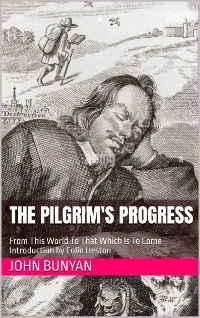By George Meredith. Designed and Edited with an Introduction by Colin Heston.
by George Meredith (Author), Colin Heston (Introduction)
See all formats and editions
More than any other of his novels, Beauchamp’s Career embodies Meredith’s philosophical worldview: that the highest human calling is the continual pursuit of greater consciousness. For Meredith, the “Comic Spirit” serves as an ethical guide—illuminating human folly, deflating pretension, and inviting self-correction through laughter rather than dogma.
Yet Beauchamp, ironically, lacks the flexibility of the Comic Spirit. He is too earnest, too driven by absolute convictions, to fully participate in the comic self-awareness that Meredith idealizes. In this sense, Beauchamp is both a hero and a warning: a figure of immense moral courage whose tragedy lies in his refusal to accept that the world operates not by ideals but by compromises.
While Beauchamp’s Career was never Meredith’s most popular work during his lifetime, it has come to be recognized as one of his most ambitious and profound novels. Its examination of the dilemmas of idealism, political integrity, and personal sacrifice remains strikingly relevant in an era of political polarization and disillusionment.
The novel speaks to anyone who has struggled with the tension between moral conviction and the messy realities of human society. Its insights into the nature of political life—the seductions of populism, the compromises demanded by coalition, the frustrations of advocacy in an indifferent world—resonate just as powerfully now as they did in the 19th century. Beauchamp’s Career stands as one of George Meredith’s greatest achievements: a work that challenges as much as it enlightens, a moral and political fable wrapped in the ironic garb of the Victorian social novel. It demands much of its readers—patience, attentiveness, and a willingness to engage with ambiguity—but it rewards that effort with a deeply moving meditation on the costs and the dignity of living according to one’s principles.
In an age when the struggle between ideals and pragmatism remains as urgent as ever, Beauchamp’s Career offers both a mirror and a guide—one that reflects the frailty of human institutions, but also the enduring power of conscience.
Read-Me.Org Inc. New York-Philadelphia-Australia. 2025. 383p.


















